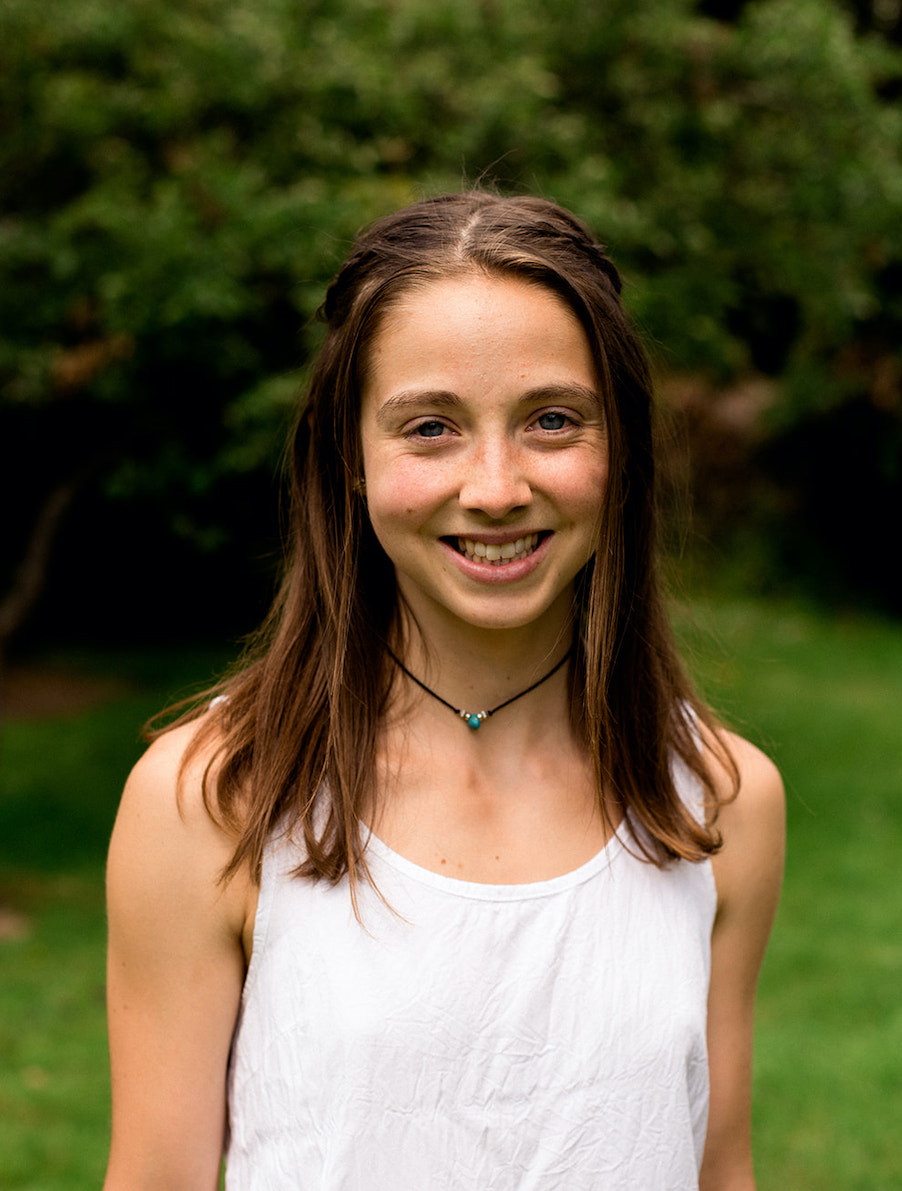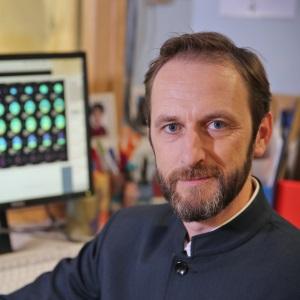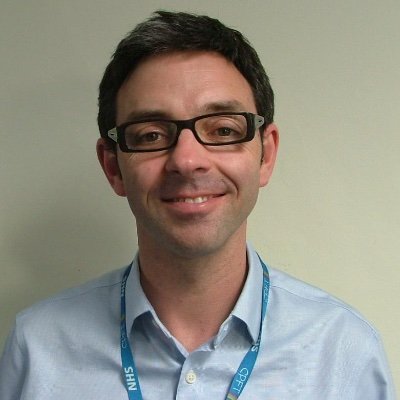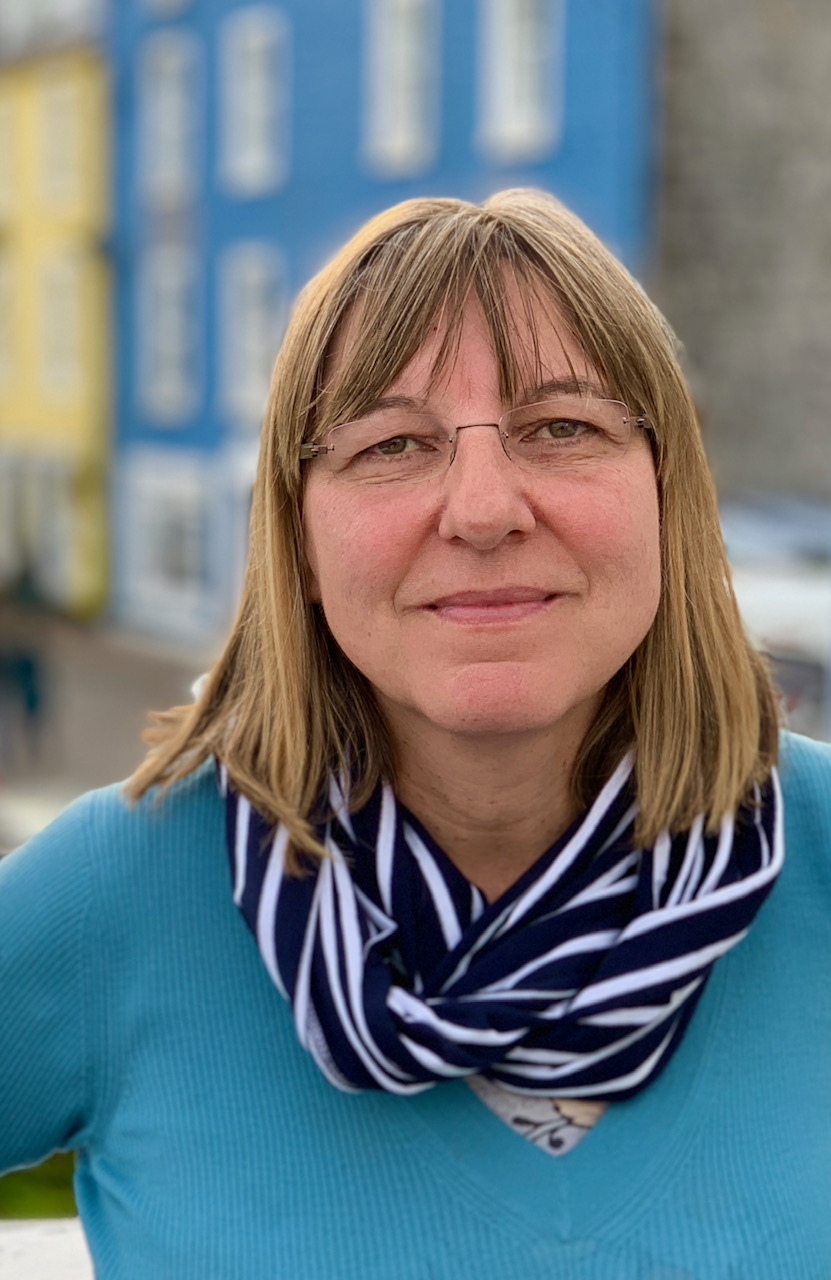About The Project
What is the project about?
Hallucinations involve perceptions of stimuli that do not exist in the physical world, such as hearing voices or seeing visions. Hallucinations occur not only in schizophrenia, but are experienced by people with other psychiatric disorders, neurological and neurodegenerative conditions, and among the general population.
But what is it like to experience hallucinations?
And is the experience of hallucinations the same for patients with different disorders, and people without a diagnosis?
There is strong historical and anecdotal evidence that suggests that the quality of hallucinations is in fact very different, and we have recently shown that the brain imaging evidence points towards entirely separate brain mechanisms for the experience of hallucinations in schizophrenia and neurodegenerative disorders such as Parkinson’s (PD) and Alzheimer’s disease (AD). It is therefore possible; perhaps likely, that the lived experience of hallucinations is an indicator of the specific brain mechanisms involved, and may be used in a way that moves us closer to treatments that are tailored to individual patients. By exploring the plurality of hallucinations and their ubiquity in health and disease, we can reduce the fear and stigma of these experiences that challenge our perception of reality.
Sound and Vision is a project that connected local artists with two patients who have had hallucinations to create art pieces that represent their experiences. With each artist was one patient with a diagnosis of schizophrenia and one with a diagnosis of Parkinson’s disease. Patients met with the artists on several occasions to develop the ideas for the piece together. The goals of this project are to increase public understanding of hallucinations and establish a platform to begin to improve our understanding of the diversity of hallucination-like experiences in the general population. By exploring the plurality of hallucinations and their ubiquity in health and disease, we can reduce the fear and stigma of these experiences that challenge our perception of reality.
What can I find on this website?
On these pages, you will find the artworks representing hallucination experiences, along with explanations from the artists and extracts of conversations about them from the participants. You will find information about the current scientific research on hallucinations, and a short summary of the history of hallucinations. You will also see throughout these webpages artworks contributed by participants in the project.
One of the most fascinating aspects of hallucinations is how commonly they are experienced by the general public, often as a result of some life event such as a bereavement, but also without any particular trigger. We would like to offer you the opportunity to get involved. Whether you have experienced hallucinations or not, please click on the links to the online questionnaires so we can improve our understanding of the diversity of hallucination-like experiences in the general population.
Who is organizing and funding the project?
This study is being conducted by researchers in the Department of Psychiatry at the University of Cambridge. The Cambridge and Peterborough NHS Foundation Trust (CPFT) and the University of Cambridge are joint sponsors for this study. The study was given a favourable ethical review by the Health Research Authority, Health and Care Research Wales (Ref: 20/LO/0420).
The study is being funded by the Guarantors of Brain, a medical charity, the Isaac Newton Trust, a charity promoting learning, research and education in the University of Cambridge, and the University of Cambridge Public Engagement Starter Fund, a small grant to undertake innovative public engagement with research activities.
Acknowledgements
We are indebted to our participants who kindly volunteered their time to share their experiences. This study would not have been possible without the generous support of the staff and patients of the Clozapine Clinic, Cambridge and Peterborough NHS Foundation Trust and the Cambridge Parkinson’s Disease Research Clinic, University of Cambridge: Dr Caroline Williams-Grey, Dr Emilio Fernandez-Egea, Molly O’Reilly, Marta Camacho.

Meet the Study Team

Colleen Rollins
Department of Psychiatry, University of Cambridge is a post-doctoral researcher and former Gates Cambridge Scholar and PhD student (2017-2021) leading Sound and Vision. Her research explores how the structure and function of the brain supports the experience of hallucinations. She has previously coordinated the Creative Reactions art exhibition for Pint of Science, an annual science festival across the UK, and attended Conversations with Experts by Experience (CEbE), a program that offers researchers to learn first-hand from teachers who are experts by lived experience with mental health conditions.

John Suckling
Department of Psychiatry, University of Cambridge & Cambridgeshire and Peterborough NHS Foundation Trust is Director of Research in Psychiatric Neuroimaging with a background in medical imaging, and has published widely on the biological origins of psychiatric and neurological disorders.

Emilio Fernandez-Egea
Department of Psychiatry, University of Cambridge & Cambridgeshire and Peterborough NHS Foundation Trust is the lead clinician of Clozapine Clinic, Cambridge.

James Rowe
Department of Clinical Neurosciences, University of Cambridge & Cambridge University Hospitals is a Professor of Neurology and Senior Consultant in the Cambridge Memory Clinic.

Iliana Rokkou
Cambridgeshire and Peterborough NHS Foundation Trust, is the User and Carer R&D Manager in Cambridge and Peterborough NHS Foundation Trust. Iliana leads a programme that aims to foster meaningful service-user and carer involvement in mental health and dementia research.

Graham Murray
Department of Psychiatry, University of Cambridge & Cambridgeshire and Peterborough NHS Foundation Trust, is a consultant psychiatrist at the CAMEO early psychosis service. He is University Lecturer in the Department of Psychiatry, where he directs a research group investigating the mechanisms of hallucinations and delusions

Jane Garrison
Department of Psychology, University of Cambridge is a Lecturer investigating the brain basis of hallucinations in individuals with and without clinical diagnoses.

Jon Simons
Department of Psychology, University of Cambridge is a cognitive neuroscientist and Professor of Cognitive Neuroscience. He directs a research group investigating the cognitive and brain mechanisms responsible for the subjective experience of remembering and how we use mental experiences to make sense of the world.

Caroline Williams-Gray
Department of Clinical Neurosciences, University of Cambridge, is a Clinician Scientist and Honorary Consultant Neurologist, specialising in Parkinson’s disease and movement disorders. She leads a translational research group investigating the basis of heterogeneity in Parkinson’s and the role of the immune system in this condition
